What is the Strongest Legal Cannabinoid?
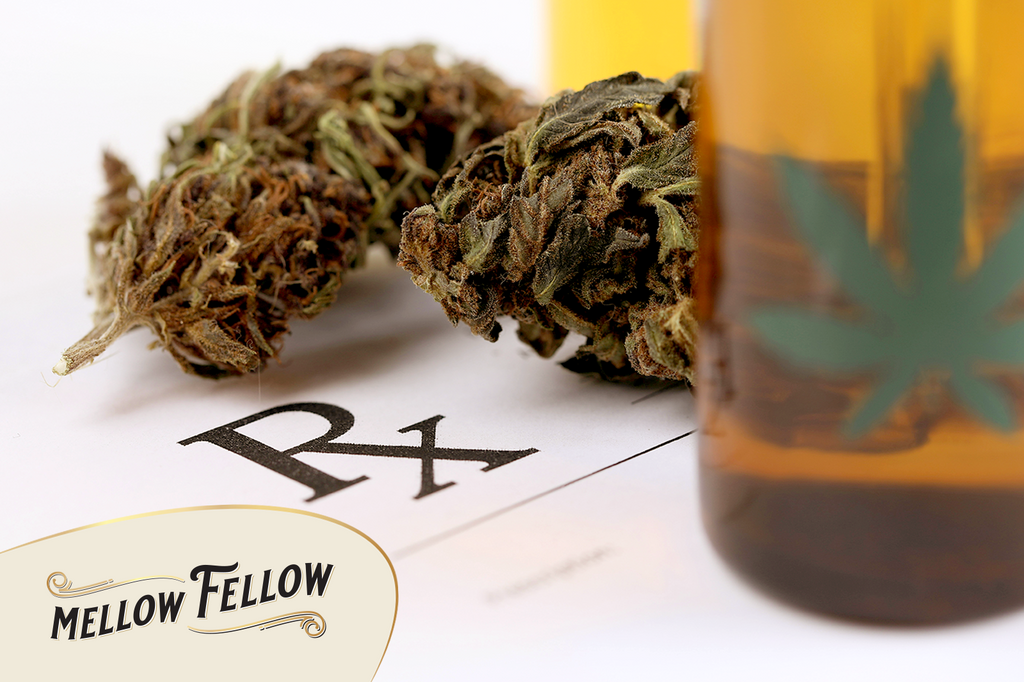
You’ve probably found yourself intrigued by the wide world of cannabis compounds, wondering which legal cannabinoid is the most potent.
From the all-familiar THC to lesser-known players like HHC, we’re diving deep and unraveling the science behind cannabis’s greatest and most potent cannabinoids.
Key Takeaways
- Cannabinoids are chemical compounds found in cannabis that bind with the body’s endocannabinoid system, causing psychoactive effects.
- THCp is a cannabinoid that may be up to 30 times more potent than Delta 9 THC.
- Differences in chemical structures can cause some cannabinoids like THCp to be stronger than THC.
- Mellow Fellow’s product lines include premium vapes, edibles, tinctures, and prerolls, widely available to ship in the United States.
What are Cannabinoids?
Cannabinoids, the compounds in cannabis, are key to the plant's mind-altering effects. Each cannabinoid, unique in chemical makeup, interacts differently with the body's endocannabinoid system (ECS), affecting everything from mood to perception.
This system, with receptors throughout the body, is what makes the experience of consuming cannabis so varied and complex.
The interaction between cannabinoids and this system can lead to various effects.
For example, THC is known for its strong psychoactive effects, while CBD is appreciated for its potential health benefits without a high. This diversity not only highlights the complexity of cannabis but also points to its potential for both recreational enjoyment and medical research.
Types of Cannabinoids
Cannabinoids are divided into three main categories:
Phytocannabinoids
Phytocannabinoids are the naturally occurring compounds present within the cannabis plant, playing a pivotal role in its effects on the human body. Among the multiple phytocannabinoids identified, THC (tetrahydrocannabinol) and CBD (cannabidiol) stand out as the most prominent and well-researched.
THC is famous for its psychoactive properties, which produce the "high" associated with cannabis use. This compound interacts with the body's endocannabinoid system in a way that alters perception, mood, and various physiological functions.
On the other hand, CBD, a non-psychotropic compound, engages with the ECS in a way that does not induce the intoxicating effects synonymous with THC. Instead, CBD is known for its more subtle, calming effects, which have garnered attention for their potential therapeutic applications.
Endocannabinoids (Endogenous Cannabinoids)
Cannabinoids are not exclusive to the cannabis plant; they also play a crucial role within the human body, particularly in the endocannabinoid system.
The term "endocannabinoids" refers to cannabinoids produced internally, with "endo" signifying their origin inside the body. These natural neurotransmitters are instrumental in regulating various bodily functions, including mood regulation, appetite control, and much more.
Synthetic Cannabinoids
The recent legality of hemp-derived cannabinoids has led the way for synthetic cannabinoids. Cooked up in the lab or meticulously extracted from the plant, these compounds aim to mimic the effects of their natural counterparts.
How Do Cannabinoids Work?
Cannabinoids activate once they come into contact with the endocannabinoid system, specifically with the CB1 and CB2 receptors.
Think of it like a lock and key—the ECS has receptors that cannabinoids like THC and CBD’s puzzle pieces perfectly fit into.
Once receptors are locked and loaded with cannabinoids, they can influence bodily functions from mood, appetite, pain & inflammation, and stress, to name just a few.
When psychoactive compounds like THC make an appearance, it causes euphoric and mind-altering effects.
Which Cannabinoid is the Most Potent?
There are a couple of cannabinoids that are thought to be stronger than the classic Delta 9 THC, from THCp to HHC. We’ve crowned our heavyweight champ, but we’ll also go through the other contenders in the ring.
THCp (Strongest Natural Cannabinoid)
In the left corner, we have the winner: THCp. Considered to be up to 33 times more potent than Delta 9 THC, THCp was just recently discovered but has since made a dent in the industry.
For those seeking more pronounced, longer-lasting, and intensified effects, THCp does the trick. While the chemical structure is similar to THC, it has a three-atom carbon chain rather than THC’s five-atom one.
While THCp is only found in trace amounts naturally and research is still ongoing, chemistry has led the way for accessible THCp products.
THCa
THCa is the most abundant non-psychoactive cannabinoid found in cannabis. Think of THCa like THC’s precursor: on its own, THCa won’t cause mind-altering effects. However, as soon as THCa is exposed to heat (a joint being lit up, for example), it turns to THC. THCa is what Delta 9 THC is before it’s psychoactive.
Delta 9 THC
Delta 9 THC, also called just THC, is the OG of the cannabis world, arguably the most well-known and beloved of all the psychoactive compounds. Its name has become synonymous with the euphoric high associated with lighting up.
THCo
THCo is another cannabinoid considered to be more potent than Delta 9 THC. THCo is roughly three times stronger, producing psychoactive and psychedelic effects that alter time perception and sensory information.
HHC
HHC is another popular cannabinoid that has been making a name for itself in the industry. Considered a little less intense than Delta 9 but more invigorating than Delta 8, HHC is known for its analgesic effects that can promote relaxation, sleep, and euphoria.
Delta 8 THC
Delta 8 is one of Delta 9’s closest siblings, with only a difference in a carbon bond being responsible for varying effects. The fuzzy and euphoric high from Delta 8 is sought by many, proven by the huge influx in popularity Delta 8 products have experienced in the past few years.
Delta 10 THC
Another chemical cousin of Delta 9 THC, Delta 10 THC is the even more chill family member. This cannabinoid produces similar effects to THC, although it’s less potent than both Delta 9 and Delta 8.
Related Products
THCv
THCv is a psychoactive cannabinoid that’s most often found in sativa plants, which is why it's renowned for motivating and energizing effects. THCv is also known as “diet weed” for its appetite-curbing effects that hold promise in therapeutic weight management settings.
CBN
Cannabinol, or CBN, is a barely psychoactive cannabinoid usually found in old or aged weed. This is because CBN is born out of the degradation of THC due to heat or light. Although it’s similar to CBD, the difference lies in where it’s at in the plant: CBD isn’t derived directly from THC, CBN is.
CBD
CBD is one of the most used and well-known cannabinoids in the world, although it has no psychoactive effects. Often used in therapeutic settings to promote healing, rest, and de-stressing, CBD's widespread legality and access have turned it into a popular cannabis product.
CBG
Cannabigerol is known as the “mother of all cannabinoids” because every other cannabinoid is derived from this one. It’s found in trace quantities in the plant and isn’t easy to extract, but users turn to CBG to deal with issues stemming from stress, pain, inflammation, and more.
What Makes a Cannabinoid Potent?
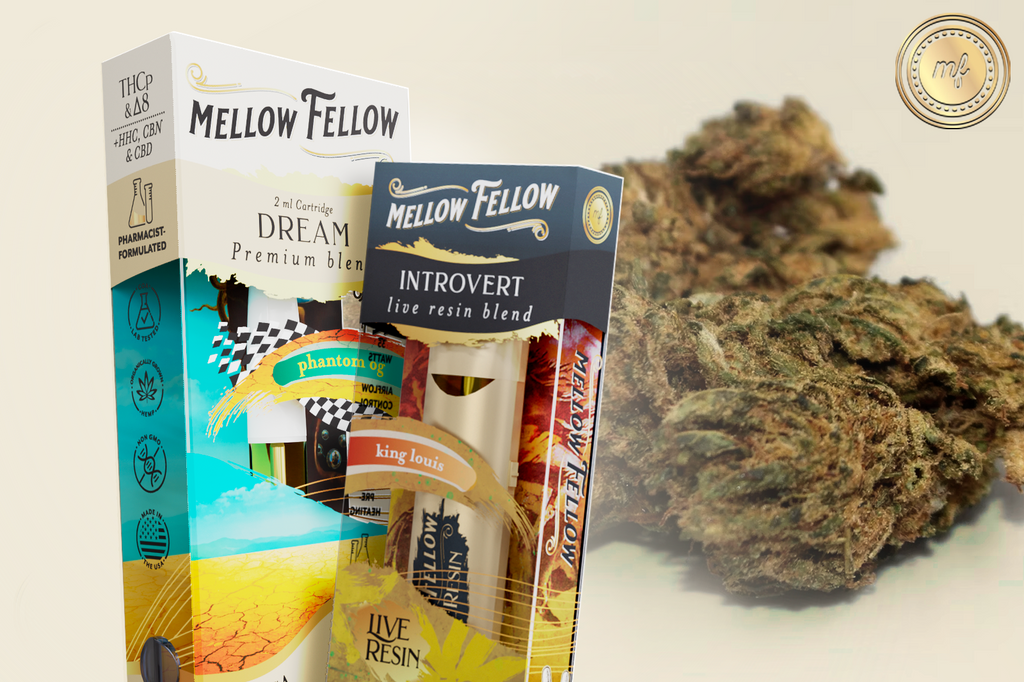
The question of why one cannabinoid exhibits greater potency than another is a topic of considerable interest and complexity.
The potency of cannabinoids can largely be traced back to their chemical structures and how these structures interact with the body's endocannabinoid system.
Like keys fit into locks, cannabinoids bind to specific ECS receptors: CB1 and CB2 receptors. The degree to which a cannabinoid's molecular structure aligns with these receptors determines the snugness of the fit and, consequently, the intensity of the effects it can produce.
A tighter fit can enhance the potency of the cannabinoid, leading to more pronounced effects.
However, a cannabinoid's potency is not merely a matter of its chemical affinity for ECS receptors. Multiple other factors also contribute to its overall impact.
These include the dosage administered, the unique physiological responses of different individuals, its interactions with other cannabinoids, and the method by which it is consumed.
For example, the entourage effect, where multiple cannabinoids work in synergy, can modify the potency and effects of a single cannabinoid.
Similarly, the method of consumption, be it inhalation, oral ingestion, or topical application, can influence the bioavailability and efficiency of cannabinoid absorption, further affecting potency.
Why is THCp More Potent than THCo?
THCp’s extraordinary potency level, estimated to be up to 3 times more potent than THCo, can be attributed to its unique chemical structure, specifically its longer alkyl side chain. This structural feature enables THCp to bind more effectively and tightly to the receptors in the body's endocannabinoid system.
The longer alkyl side chain in THCp allows for a better fit within the ECS receptors and facilitates more profound and extended effects on the body and mind.
Essentially, THCp's molecular structure acts as a more precise key in the lock of the ECS, unlocking a more intense and lasting experience than its counterparts. This closer, more snug fit explains why THCp can significantly alter perception, mood, and consciousness to a degree much greater than other cannabinoids.
Is THCa and THCp Stronger than HHC?
Theoretically, THCp is the most potent, beating out THCa and HHC. It’s important to remember, though, that each cannabinoid brings its unique strengths to the table. Individual preferences and needs overreach individual chemical potency.
THCa, although non-psychoactive, is a promising cannabinoid that converts into THC once going through decarboxylation (being exposed to heat). So technically, while THCa is not stronger than HHC, it does become Delta 9 THC, which is stronger than HHC.
HHC’s potency falls somewhere between Delta 8 and Delta 9 THC, a healthy medium for those seeking a smooth experience. THCp is the heavyweight champ in this fight, being up to 30 times more potent than regular THC.
Where to Buy Potent Cannabinoid Products Online
Whether you’re looking for a potent THCp vape or delicious HHC-packed gummies, Mellow Fellow is the place to look.
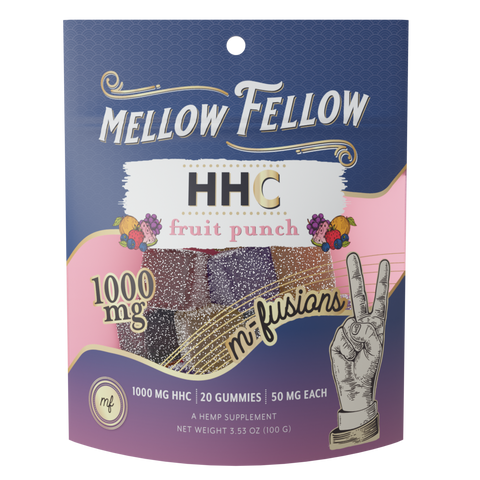
At Mellow Fellow, we carry a vast selection of products across all categories, including edibles, vapes, and prerolls. They can be found either in a single cannabinoid form or in one of our trademark cannabinoid blends, which are designed to enhance the entourage effect and elevate your cannabis experience.
Explore all of the possibilities with Mellow Fellow’s collection of THCp and line of HHC products. All our products have been made by passionate professionals with the utmost care and have been lab-tested for purity, potency, and safety.
Strongest Cannabinoids: Frequently Asked Questions
Is THCp Stronger than Delta 9?
THCp is considered up to 30 times stronger than Delta 9 because of its binding affinity to CB1 and CB2 receptors in the endocannabinoid system.
Is THCp Stronger than THCJD?
THCJD may potentially be more potent than THCp, but more research is needed to determine this.
Is Delta 9 Stronger than THCa?
THCa is Delta 9 THC in its raw form and is psychoactive. Once THCa is exposed to heat, it becomes psychoactive THC.
2 comments
Explore Other Articles
View allExplore more
- 11 hydroxy thc
- Blends
- blunt
- burn blend
- cannabinoids
- cartridge
- CBD
- cbg
- CBN
- Charged Blend
- Clarity Blend
- Concentrates
- Connection Blend
- Creativity Blend
- Dabs
- delta
- delta 10
- delta 11
- delta 8
- Delta 8 thc
- delta 9
- delta 9 thc
- Delta-10-THC
- Delta-11-THC
- delta-8
- Delta-8-THC
- Delta-9-THC
- delta9
- Desire Blend
- destination series
- Diamonds
- disposable
- disposable vape
- Dream Blend
- dry january
- edibles
- elevate blend
- entourage
- entourage effect
- entourage effects
- Euphoria Blend
- focus
- gummies
- H4CBD
- halloween
- hemp
- hemp-derived
- HHC
- HHCp
- HTE
- Indica
- Introvert Blend
- lean
- legal
- Live Resin
- Live Resin cartridges
- m-fusions
- mechoulam
- momentum blend
- Motivation Blend
- preroll
- productivity
- raphael mechoulam
- Recover Blend
- Relief
- sleep
- strain review
- terp sauce
- Terpenes
- Thanksgiving
- thc
- THC beverage
- THC Drink
- thc lean
- thc-p
- THCa
- THCa Flower
- THCb
- THCh
- THCm
- thcp
- THCp edibles
- THCv
- the elevate blend
- The Energy Blend
- The Happy Blend
- The Illuminate blend
- the momentum blend
- The Rest Blend
- Tranquility Blend
- vape
- vape cartridge
- Vapes
- wax
- wellness
- zkittlez


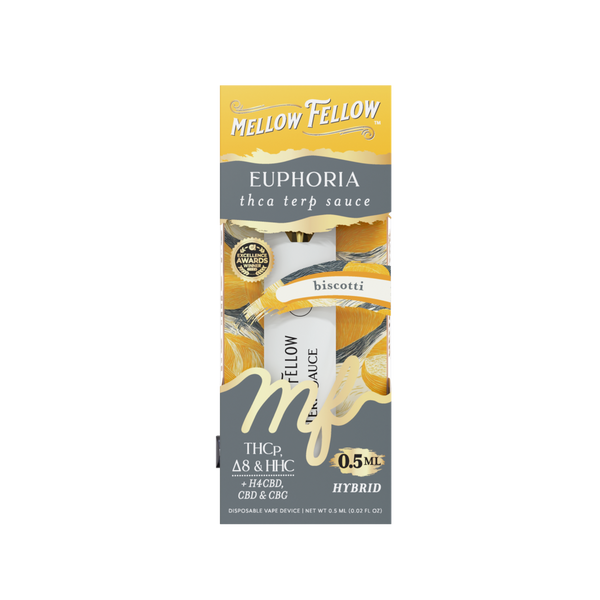
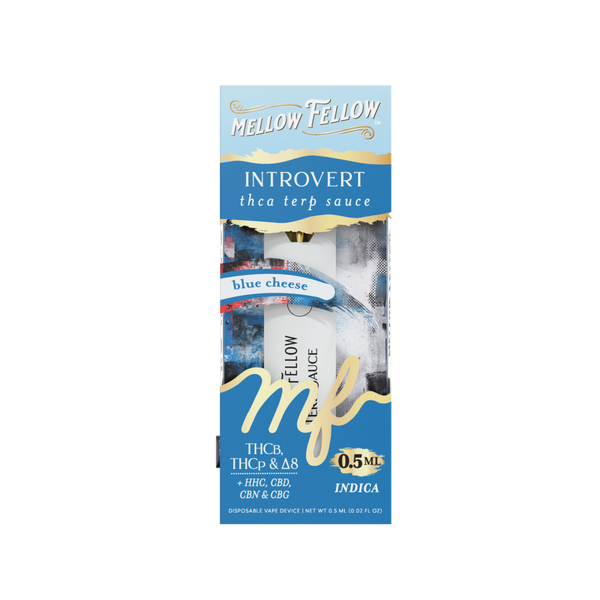

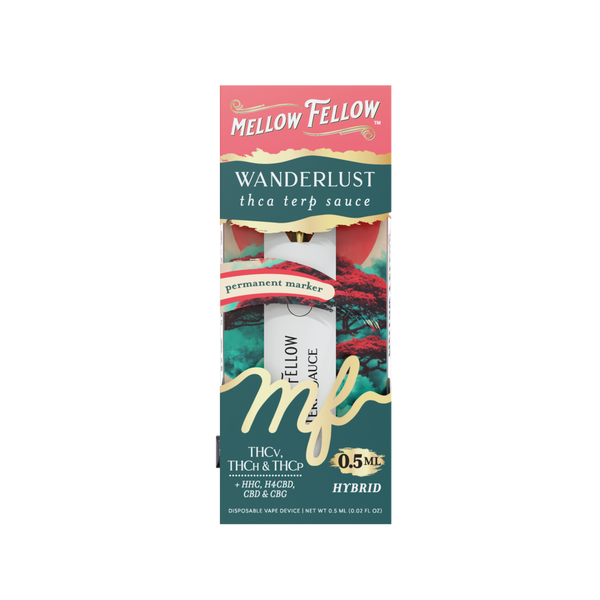
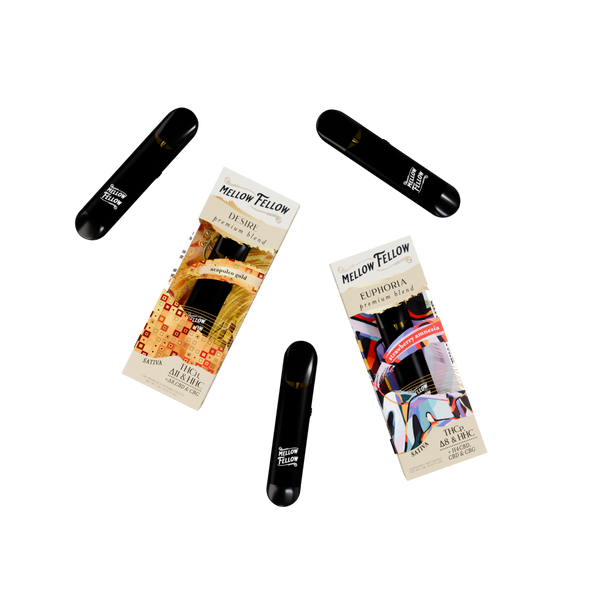
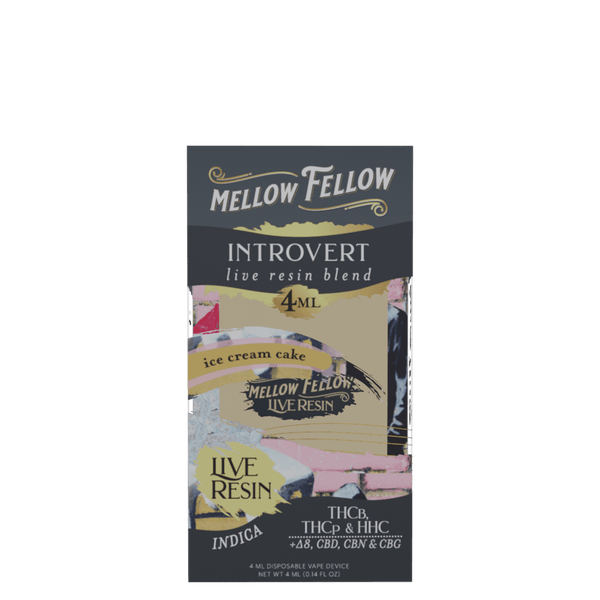










Thank you for the great education .
Excellent Products
Leave a comment